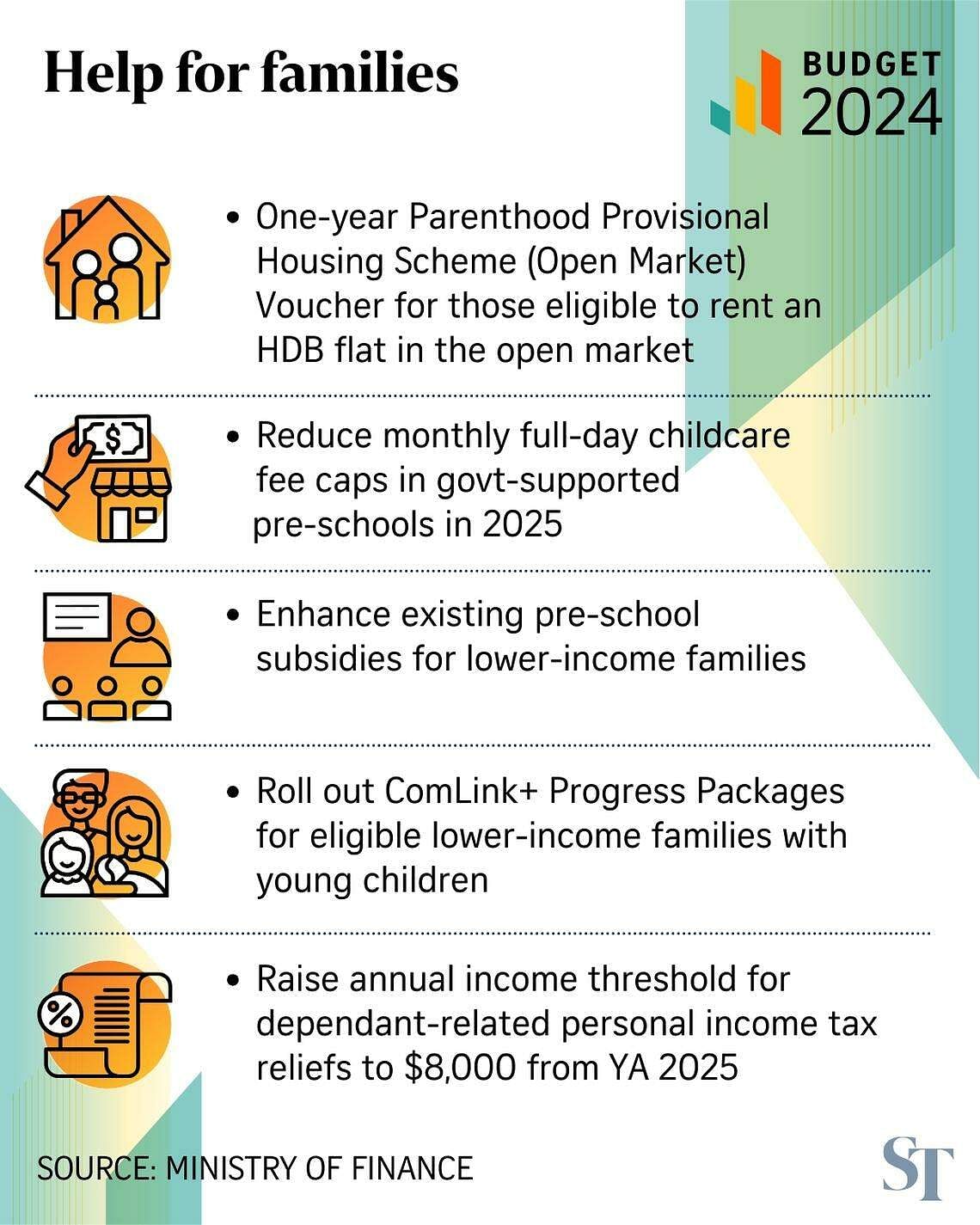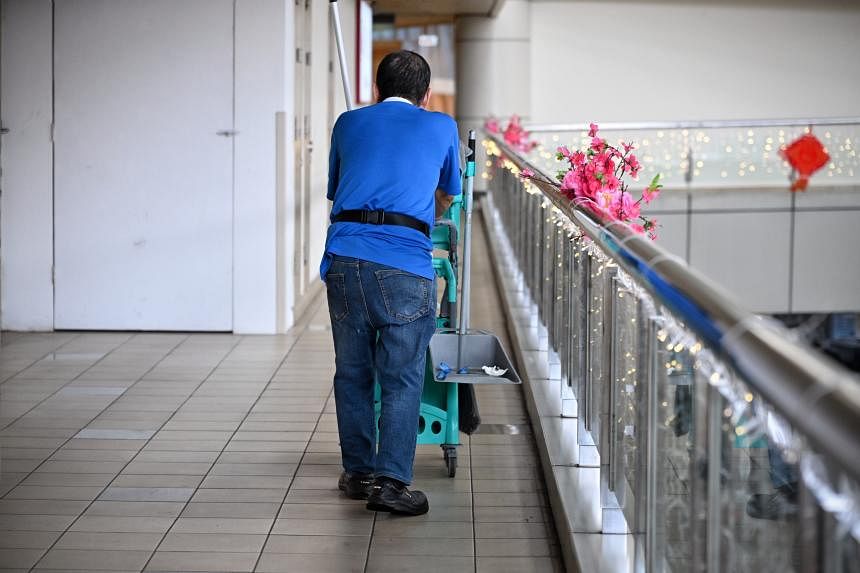SINGAPORE - Lower-wage workers will soon receive larger Workfare payouts, said Finance Minister and Deputy Prime Minister Lawrence Wong in his Budget speech on Feb 16.
Employers who raise the wages of lower-wage workers will also get more support, he added.
Lower-wage senior workers will qualify for a maximum annual payout of $4,900, up from $4,200 today.
The payments, which depend on age and wages, will be enhanced across all age bands. Older workers and people with disabilities will continue to receive the highest payments.
The payments for self-employed people, which are set at two-thirds of the payments for employees, will also be increased correspondingly.
These enhancements will apply to work done from Jan 1, 2025, and will benefit around half a million Singaporeans.
The Workfare Income Supplement scheme, or Workfare, was instituted to supplement the incomes and Central Provident Fund (CPF) savings of lower-wage Singaporean workers to encourage them to work regularly. Eligibility is assessed automatically based on CPF contributions.
Self-employed people have to declare their income and make the required MediSave contributions to receive Workfare payouts.
The qualifying income cap for the scheme will also be raised, from $2,500 to $3,000. “This ensures that we continue to cover lower-wage workers, even as their wages grow,” said DPM Wong.
Enhancements to Workfare are part of a slew of measures he announced to create more paths towards equality and mobility.
DPM Wong said: “In many developed countries, rising inequality and slowing social mobility have fractured cohesion and deeply divided their peoples. These can create similar pressures here.”
He added: “By creating more paths towards equality and mobility, we also put ourselves in a better position for continued growth – in other words, a strong economy and a strong society reinforce each other.”
He noted that Workfare and progressive wages are key strategies to uplift lower-wage workers, and that the strategies are working, adding that he is making several adjustments to ensure they continue to deliver results.
More support will also be provided for employers who raise lower-wage workers’ salaries. In 2022, the Progressive Wage Credit Scheme was introduced, where the Government co-funds the wage increases of lower-wage workers with employers.
“I know employers are concerned with rising business costs in today’s economy. The Government will do its part to help,” he said.
The co-funding levels will be raised for 2024, from a maximum of 30 per cent to a maximum of 50 per cent.
The wage ceiling will be raised from $2,500 to $3,000 in 2025, in tandem with the increase in the qualifying income cap for Workfare, he said.
He added that the fund for this scheme will be topped up by $1 billion to provide for these enhancements.
In addition, the local qualifying salary (LQS) for full-time workers will be raised from $1,400 to $1,600 from 2024. The minimum hourly rate will also be increased from $9 to $10.50 per hour.
The LQS is the minimum salary that firms hiring foreign workers are required to pay their local workers, and the number of local workers paid the LQS is then used to compute the firm’s foreign worker quota entitlement.
The increase in LQS ensures that it keeps pace with wage growth, DPM Wong said.
These changes will kick in on July 1, 2024.
DPM Wong said: “Tackling inequality is often easier said than done. Ideas on how to do so are frequently replete with unintended consequences. Simple handouts and blunt measures do not solve poverty.”
This is why Singapore has continually paved its own way since the beginning, he said.
“We carefully study the experiences of others, we take note of where they have succeeded and failed. We introduce significant innovations that work for us, for our ethos, for our society. This is the Singapore way.”
He added that over the last decade, Singapore has made progress in uplifting lower-wage workers and reducing disparities in wages.
Income inequality, as measured by the Gini coefficient, has declined to its lowest level over two decades, he noted.



